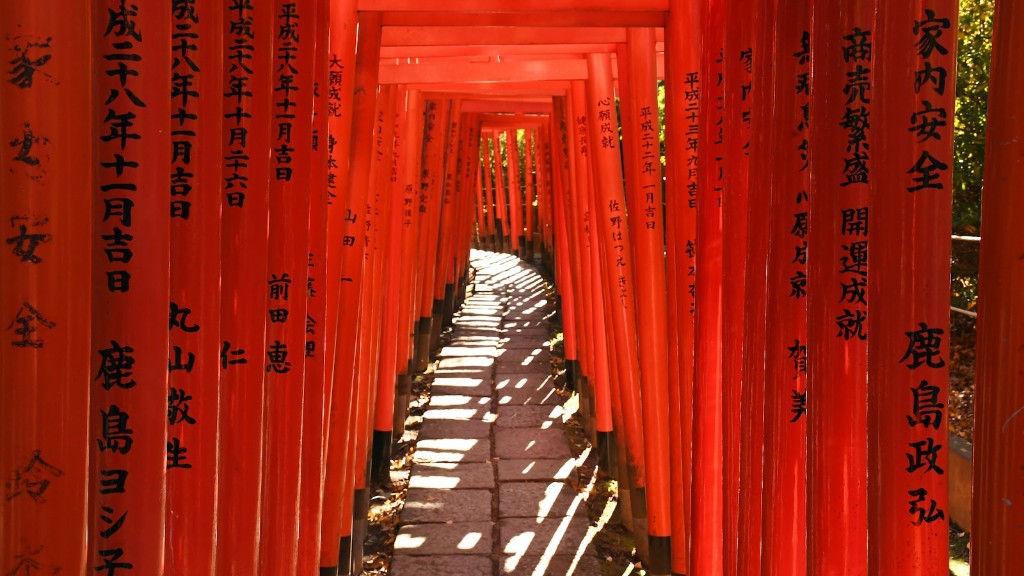The History of Passover
Passover, or Pesach in Hebrew, is an important religious holiday in judaism. It marks the Exodus of the Israelites from Egypt. According to the Hebrew Bible, on the night of the 15th of the Hebrew month of Nisan, the angel of death passed over the homes of Jewish people living in Egypt. It is, therefore, an event which every year retells of the courage and struggle of the past Hebrews to live as free people, and is a reminder of the ever-present possibility of freedom.
The story of Passover is one of the foundational stories of Judaism, and of particular significance. After the destruction of the Temple in Jerusalem in 586 BCE, the Jews spread throughout the world and needed to find a way to still uphold their faith and keep the story of their shared past relevant. This event would be the one constant they held onto and enabled them to celebrate and share their faith even while they were far away from their homeland.
Passover is a story of resilience. It is a story of faith, of hope and of struggle. Even through the diaspora, the Jewish people never forgot the power of this story and never forgot the legacy of those before them. Passover is a celebration of courage and of the journey. It is a reminder of how to live life with more intention, and to strive for freedom and equality for all.
The Symbolism Behind Passover
The holiday of Passover is deeply layered with symbolism. One of the most iconic symbols associated with Passover is the seder plate. This plate, which includes a mix of different symbols, represent the different elements of the Passover story. For example, the shank bone and egg represent the sacrificial lamb, the bitter herbs represent the misery of slavery and the charoset represents the mortar which the Hebrew slaves were forced to use in their service. By having this plate present on the table, the story of Passover is brought to life.
Passover also has many special rituals that are enacted at the seder. Traditionally, there is a feast, retelling of the story, special prayers and songs. This is done in order to encourage an atmosphere of communal storytelling, enabling families to interact with each other and discuss the relevance and importance of this event in the present day.
The holiday of Passover also has a strong abundance element. Jewish tradition places a large emphasis on leaving out food for the poor and hungry on holidays, and this is especially evident during Passover. There is no end to the abundance of food on the table, and guests are encouraged to be generous with the food, and invited to take part in sharing it.
Why Is Passover So Important in Judaism?
Passover is an important holiday in Judaism because it is not only part of the foundational stories of the faith, but also deeply relevant today. It serves as a reminder of the power of faith and the resilience of the human spirit. It symbolizes the struggle of the past and provides a platform for people to remember and celebrate their freedom. The holiday of Passover is also a celebration of life, as it serves to remind us of the fragility of life and how precious our time together is.
This holiday also carries a message of hope. Passover serves as a reminder to us that no matter how hard the journey is, there is still the possibility of redemption and of freedom. However hard the struggle may be, it can be faced with courage, strength and faith. Passover is also a communal celebration in which people are able to come together and share their stories and experiences, and commemorate an important part of our shared history.
Passover Today
Today, during Passover, families and friends come together in order to celebrate and commemorate the story of the Exodus and the story of struggle and resilience. They hold the seder plate, retell the story and perform the rituals associated with this important event. Additionally, in recent years, Passover has taken on a renewed significance. It has become a platform on which people can explore the themes of freedom and oppression, and consider the relevance of this story in the current world.
The holiday of Passover continues to bring people together and serves as an important reminder of our shared history. It is a beautiful and meaningful celebration that embodies resilience and hope, and helps to shape an understanding of our shared heritage and the power of faith.
The Rituals of Passover
Passover has many rituals associated with it, which serve to immerse people in the story of the Exodus and to create an atmosphere of shared celebration. For example, the four questions are recited to encourage a meaningful and interactive seder. The afikoman is a traditional hide-and-seek ritual involving a piece of matzah which serves to emphasise the participatory nature of the ritual. Lastly, the four cups of wine are a symbolic representation of the four promises of redemption.
The seder is one of the most important rituals of Passover and it is during the seder that the story of the Exodus is re-told. The seder is conducted by the head of each household or guests and they explain to the family and guests the meaning behind the different elements of the plate and the rituals. The seder encourages people to engage in meaningful conversations about the story and to consider the relevance of the Exodus in the present day.
Additionally, throughout Passover there are many special food options that are eaten. These include Matzah, Charoset and Maror. These elements of the seder plate are full of symbolic meaning and are used to encourage participation in the festival and the story. In some communities, the Charoset is also used to remind people of the work the Hebrew slaves were subjected to in Egypt.
Conclusion of Passover
Passover is an important holiday in Judaism and one which many people look forward to each year as an opportunity to remember and celebrate the story of courage and resilience. During Passover, families come together to partake in rituals, sing songs and retell the story of the Exodus. It provides an opportunity for people of all ages to engage in meaningful conversations about the story and its relevance in the modern world. Passover is also a reminder of the freedom that we all strive for.
Significance of Passover in Recent Times
Today, Passover carries a special significance. On the one hand, it serves to remind people of the resilience of the Jewish people and the power of their faith. On the other hand, Passover has taken on a renewed meaning and has become a platform on which people can explore themes such as freedom and oppression, and consider their relevance in the present world. The message of Passover is one of courage and hope, and it serves as a reminder that no matter how hard the journey may be, there is always the possibility of redemption.
In recent times, Passover has also become a platform for people to explore their own personal struggles and to pay tribute to those before them who have suffered. During Passover, people come together to remember, reflect and celebrate. This is done through the rituals, songs and food that are shared. Passover is a deeply special and important holiday, and is a celebration of freedom, faith and resilience.
The Politics Behind Passover
Passover is also an important platform for political dialogue. Throughout the world, people use Passover to discuss the relevance of colonial themes, such as freedom and oppression. In recent times, the notion of Jewish liberation has become more intertwined with dialogues surrounding the current socio-political struggles, such as racism and gender inequality. By using the platform of Passover, people are able to pay tribute to the struggles of their ancestry while also connecting with the modern world.
Additionally, Passover also serves to bring attention to the plight of oppressed people and to shine a light on injustice in the world. This is seen in the many protests and vigils that take place during Passover, which honour and remember those who have suffered. Passover has become an important platform for political dialogue and for those who continue to struggle for liberation.
How Passover Is Relevant Today
The story of Passover serves to remind us of the fragility of life and of the power of freedom and justice. As the world continues to grapple with matters of immigration, human rights and social inequality, it is more important than ever to reflect on the story of the Exodus and the importance of liberation. Passover provides a platform for meaningful conversations about social justice, and encourages us to strive for a world of liberation and one in which we are all able to live without fear or oppression.
Passover is an incredibly important event in Jewish culture and a celebration that is relevant and meaningful in today’s world. From its powerful symbolism to its unique rituals and customs, Passover serves as a reminder of the power of freedom and of the courage and resilience required to achieve it. This holiday touches people in a unique and profound way, and helps to shape an understanding of our shared heritage, of courage and of the power of faith.




